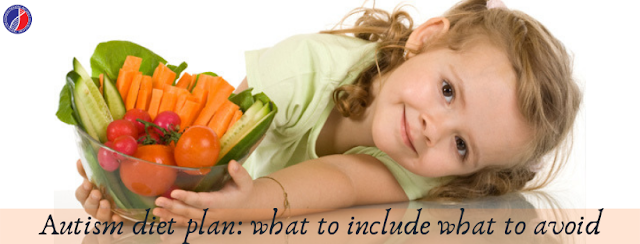Autism & Frequently Asked Questions | Autism Centre Near Me

Autism Centre Near Me | Autism & Frequently Asked Questions What leads to autism? Typically its Genetic inheritance that is involved in the development of ASD. These genetic factors possibly act together with environmental elements to result in the expression of autism. Neurobiological research shows that autism is probably the consequence of genetically determined abnormalities in brain development. Which may initiate even before the child is born. It has been a challenge for the experts in genetics to accurately pinpoint a specific type chromosome involved in autism but recent researches have recognized quite a few genetic mechanisms that each lead to autism . How many people have autism? The original estimates of the prevalence of autism indicated that it occurred in around 2 per 10,000 people. However, recent estimates place the prevalence as high as or higher than 1 per 68 for all autism spectrum disorders combined according to the Centers for Disease Control and P

